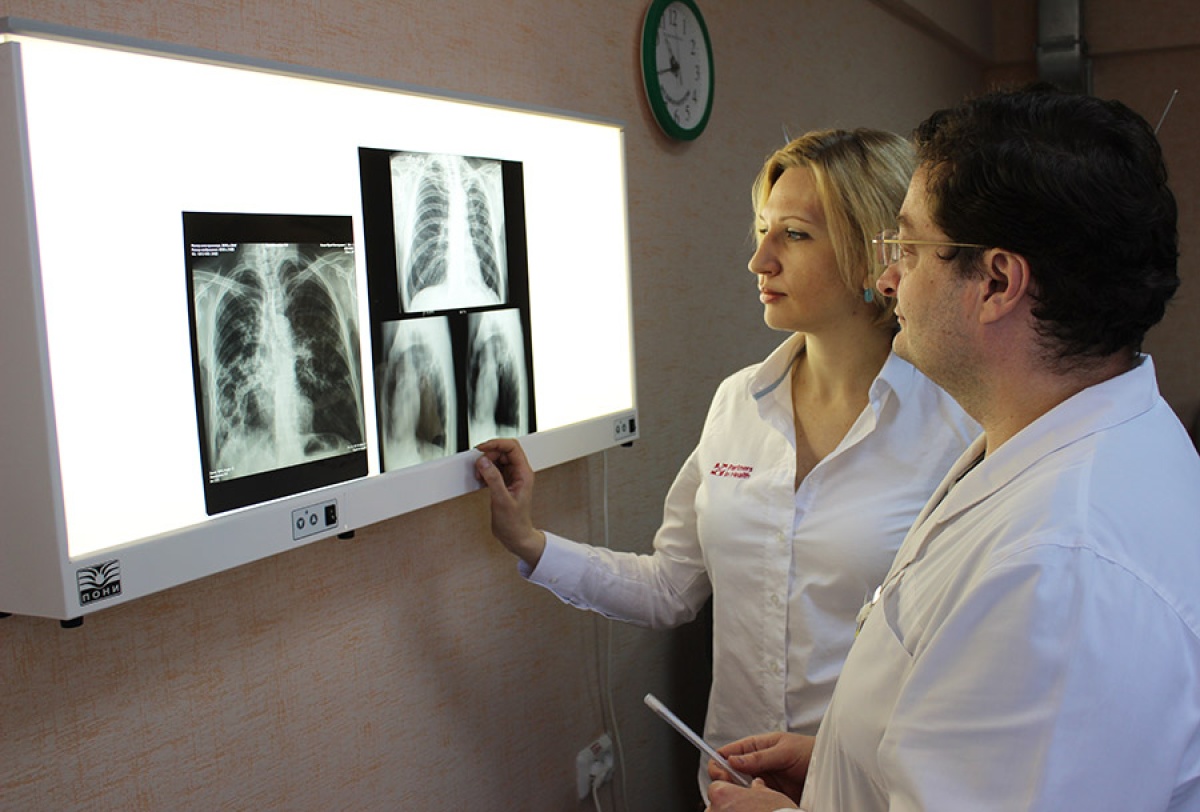Working in Global Health: Nataliya Zemlyanaya
Posted on May 7, 2015

It can be intimidating to start a career in global health. It’s a diverse field that evolves quickly and demands collaboration across disciplines, from finance to supply chain and logistics, to computer programming.
In this series, we ask a seasoned colleague to share professional experiences with those interested in forging a career in global health. For this edition we asked Nataliya Zemlyanaya, the program manager of our office in Tomsk, Russia. Russia Program Coordinator Evgenia Markvardt translated.
It was the spring of 2008, and I was a tuberculosis specialist in the Tomsk Tuberculosis Hospital. I had just defended my thesis on multidrug-resistant tuberculosis and was teaching phthisiology (the science of TB) to students of Tomsk Medical School. In the evenings, I took classes toward a health care management degree. It focused on economics and the management of medical institutions, which was very different to my work as a hands-on clinician. I was not sure how I would use the degree. I had always liked working with patients, but I felt powerless to change the systematic problems of the TB field.
One morning, I saw on the hospital door an advertisement for a rural programs coordinator for Partners In Health. I read the requirements and it was as if lightning pierced me. I thought, "This is my place!" It was like a sign from above.
Thus began my new life. I say this without exaggeration because working for PIH changed my outlook on life. In my head, the “health universe” reversed: The patient became more important than the proud, inflated doctor. The people on our team were like-minded. They were all enthusiastic, creative, talented, and dedicated to helping patients.
At first, I was skeptical about their ethos—why must doctors run after patients and solve their life problems? If patients didn’t want treatment, it was their problem, I thought. With PIH, my mindset changed. I came to understand that if a patient did not want to undergo treatment, it was society’s problem—our problem. I learned to investigate not only patients’ medical conditions, but also their personal issues that could influence their recovery.
Certainly, public health is not all colorful fireworks. It requires meticulously performing daily tasks, which is different from the emotional and personal work of treating patients. Planning, budgeting, analyzing, writing program plans, holding meetings, running trainings, negotiating with the administration of local health authorities, following up on activities, and more—I had to learn it all.
At first, I did not see the impact of my work, and my time and efforts seemed wasted. But results did emerge! In rural areas where our program focused, we started identifying more people with early-stage TB, which is most easily cured. Before, I could only help individual patients as their doctor. Now I had the opportunity to improve the quality of TB care throughout the region. One of the characteristics of working in public health, in my opinion, is the magnitude of its impact.
Of course, failures can occur along the way. A certain program is not feasible in the end or does not produce the desired result. However, real failure is not doing anything. A negative result creates an opportunity to reflect and guides future actions.
The main thing is we are a good team. In Russian there is a saying: “Alone you cannot battle the mountain; you will just break your forehead.” I am fortunate to work with people who are dedicated, creative, and thoughtful, and who have a strong sense of humility—all qualities that are very important for working with patients. I love my work. I am a happy person.
To learn more about PIH's TB work, read "The Sputnik Initiative: Patient-Centered Accompaniment for Tuberculosis in Russia"

